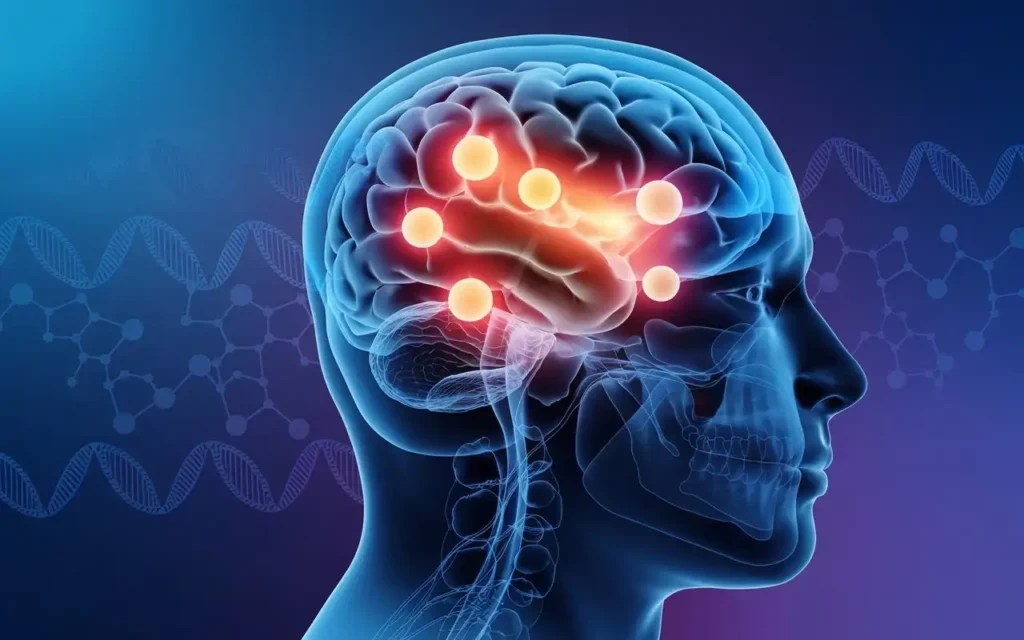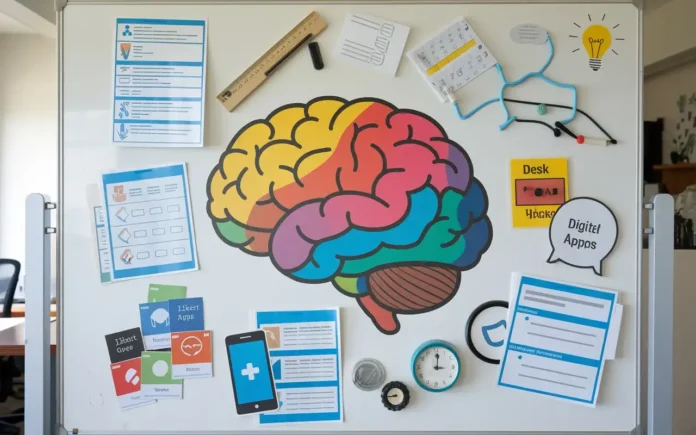How to Measure Mental Health: A Comprehensive Guide
Introduction: Why Measuring Mental Health Matters
Understanding how to measure mental health is essential in today’s society as it impacts individuals’ overall well-being, productivity, and quality of life. With increasing awareness around mental health, professionals and individuals alike seek reliable ways to assess mental well-being.
Understanding the Importance of Mental Health Measurement
Knowing how to measure mental health allows healthcare providers to diagnose, monitor, and treat mental health conditions more effectively. By using standardized tools, professionals can identify symptoms early, track progress, and provide appropriate interventions.
Using Self-Report Tools to Measure Mental Health

When considering how to measure mental health, self-report questionnaires are among the most accessible methods. Tools like the PHQ-9 for depression and GAD-7 for anxiety provide a quick way to gauge symptoms.
- PHQ-9: A widely used tool for assessing depressive symptoms.
- GAD-7: This scale measures anxiety symptoms, commonly used in both clinical and self-assessment settings.
Clinical Assessments: Gold Standards in Mental Health Measurement

Learning how to measure mental health accurately often involves clinical interviews. These assessments conducted by trained professionals are thorough and help to capture the complexity of mental health.
Benefits of Clinical Assessments
- Detailed Insight: Clinical interviews offer in-depth understanding of an individual’s mental state.
- Professional Evaluation: Conducted by licensed professionals, these interviews are highly reliable.
Digital Tools and Apps for Real-Time Mental Health Measurement

For those interested in how to measure mental health outside clinical settings, digital tools provide real-time insights. Apps like Headspace and Calm offer features that track mood and stress levels.
Advantages of Digital Tools
- Accessibility: Digital tools make mental health measurement available to anyone with a smartphone.
- Real-Time Monitoring: These tools offer instant feedback and tracking options.
Biomarkers: Emerging Methods in Mental Health Measurement

The field of mental health research has advanced to explore how to measure mental health through biomarkers. Neuroimaging and genetic testing are two emerging methods that help identify biological indicators of mental health conditions.
Examples of Biomarkers
- Neuroimaging: Brain scans can highlight abnormalities associated with specific mental health conditions.
- Genetic Testing: While still experimental, certain genetic markers are linked to mental health predispositions.
Cultural Competency in Mental Health Assessments

For a complete understanding of how to measure mental health, it’s essential to incorporate cultural competency. Mental health symptoms and their expressions vary greatly across cultures, so tools and assessments should be adapted accordingly.
Approaches for Culturally Sensitive Assessments
- Language Translation: Ensuring tools are translated accurately and culturally adapted.
- Community-Based Feedback: Working with community leaders to validate tools.
Conclusion and Key Takeaways
Understanding how to measure mental health is crucial in creating a comprehensive approach to mental well-being. By using tools ranging from self-report questionnaires to clinical interviews and digital apps, individuals and professionals can monitor and improve mental health outcomes effectively.
References




